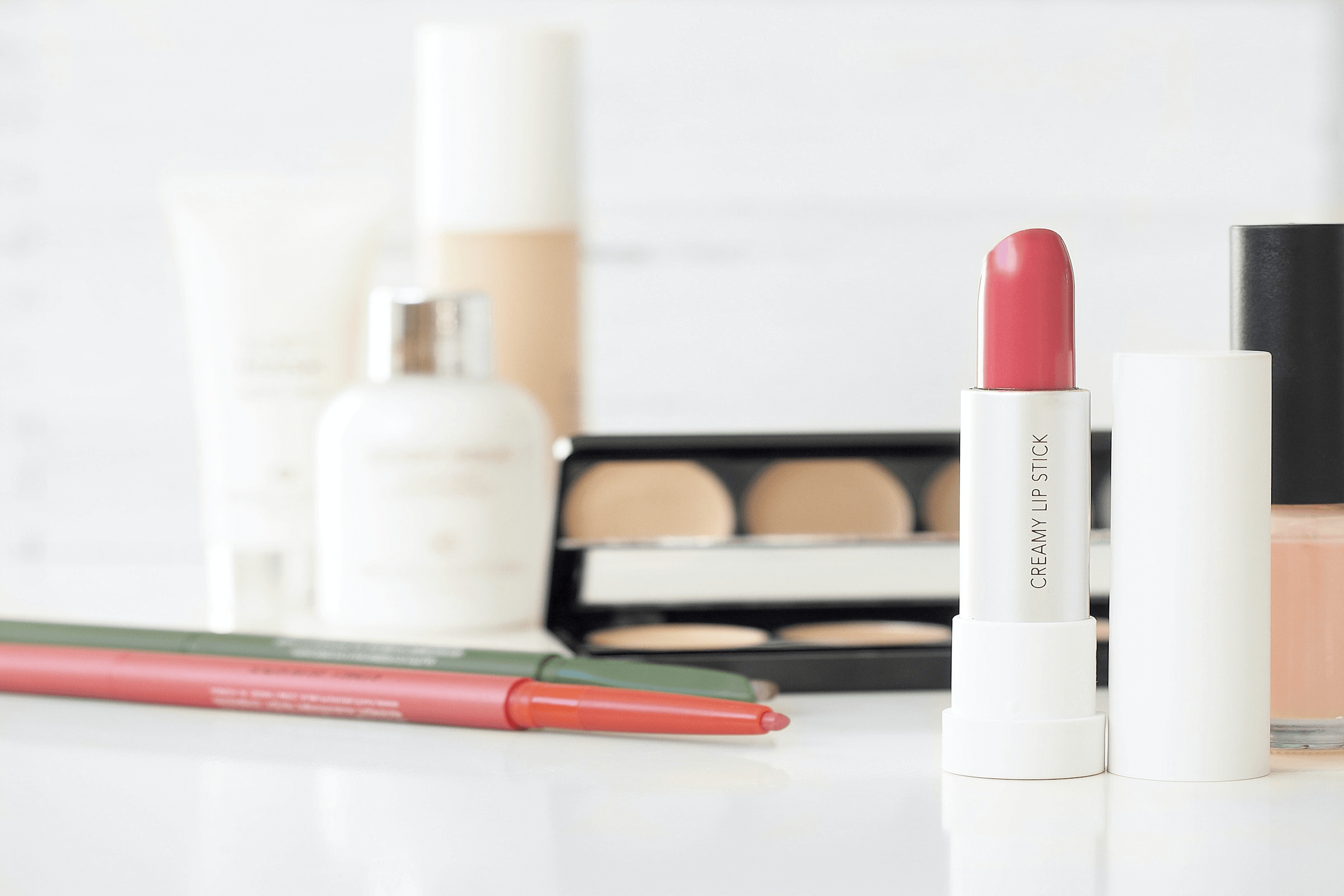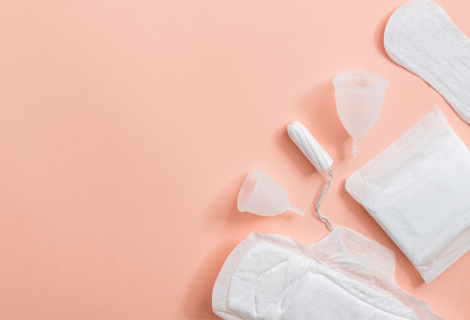Which sunscreens are bad for you?
Every year as we transition into warmer and longer days, I’m often asked “which sunscreens are bad for you?” and “what are healthy alternatives?”.
Let me start of by saying that it’s very important to use sunscreen when you are out and about in the sun because UV rays (both UVA and UVB) will damage your skin over time if you don’t protect yourself.
High SPF
A lot of my patients figure that the higher the SPF, the better it is. However, higher SPF doesn’t necessarily mean that you’re getting MORE protection but it does mean that you’re putting on more sun-blocking chemicals onto your skin.
The other problem with using higher SPF products is that a lot of people will them have a false sense of security and either spend more time out in the sun or not reapply the sunscreen as often as it’s recommended.
It’s also important to note that no matter how high the SPF is, the UV Index is still something that you should take heavily into consideration because once it hits 3 or more, simply putting on sunscreen and sunglasses isn’t enough anymore.
The Big Offenders
Oxybenzone
This chemical protects from UV light and is widely used in sunscreens but can also be found in cosmetics (such as foundation and lip balms), fragrances, nail polish, shampoos & conditioners, hair sprays and moisturizers.
The problem with oxybenzone is that it’s an endocrine disrupting chemical (EDC) by mimicking estrogen and has been associated with endometriosis. Men are also affected because it has anti-androgen properties and has been shown to affect sperm production in animal studies.
The FDA found blood levels that were 438 times above the cutoff. They detected this chemical in almost all of the people they tested and even found it in breast milk.
Octinoxate
This chemical also acts as a hormone and in animal studies, has been shown to cause changes to behaviour, thyroid and the reproductive system.
The FDA found blood levels that were 13 times above the cut off and also found it in breast milk.
Vitamin A or Retinyl Palmitate
Vitamin A is found in 25% of sunscreens and have been advertised as being a great antioxidant and anti-aging agent, and this is true.
However, when retinyl palmitate is exposed to UVA and UVB radiation (aka the sun), it breaks down and forms free radicals — which means that it’s doing the OPPOSITE to its intended effect by increasing the aging process and contributing to the damage of your sun.
Please note that this also applies to your moisturizers! It’s fine to have vitamin A in your night cream but it should be avoided in any other moisturizers that you would put on and then go out into the sun with.
Safe Sunscreen Options
Zinc Oxide & Titanium Dioxide
Mineral based sunscreens are much more safe because they haven’t been found to be linked to endocrine/hormone disruption. The only warning I have about either of these mineral sunscreens is that they shouldn’t be inhaled, which means that you should avoid these sunscreens in powder or aerosol form.
Clothing
UPF is a textile rating system where a machine in a lab setting measures the amount of radiation (both UVA and UVB) is blocked by the fabric. Unfortunately, this type of testing is only voluntary in the apparel industry.

The Take-Away Message
Use sunscreen when you enjoy your time in the sun. However, make sure to keep an eye out on the amount of time spent in the sun and base this on the UV Index. A UV index between 0 to 2 comes with the suggestion of applying SPF 30+ and wearing sunglasses on bright days versus a UV index of more than 11 comes with the suggestion of applying SPF 30+ every 2 hours plus wearing wide-brimmed hat, sunglasses and long-sleeved shirt & pants plus seeking shade between 10 am to 4 pm when the sun’s rays are the most intense plus limit time outdoors.
If you’d like to schedule a free 15 min meet & greet appointment to ask me questions about Naturopathic Medicine, please feel free to make an appointment directly via my online schedule.
[minti_button link=”https://www.moirakwoknd.com/bookonline/” size=”large” target=”_blank” lightbox=”false” color=”color-3” icon=””]Schedule an appointment[/minti_button]
#drmoirakwokND #torontonaturopathicdoctor #torontonaturopath #cleanbeauty #skincare #greenbeauty #sunscreen #suncare #sincareroutine #uvprotection #sunprotection #healthyskin #protectyourskin #sunsafety #nontoxic












